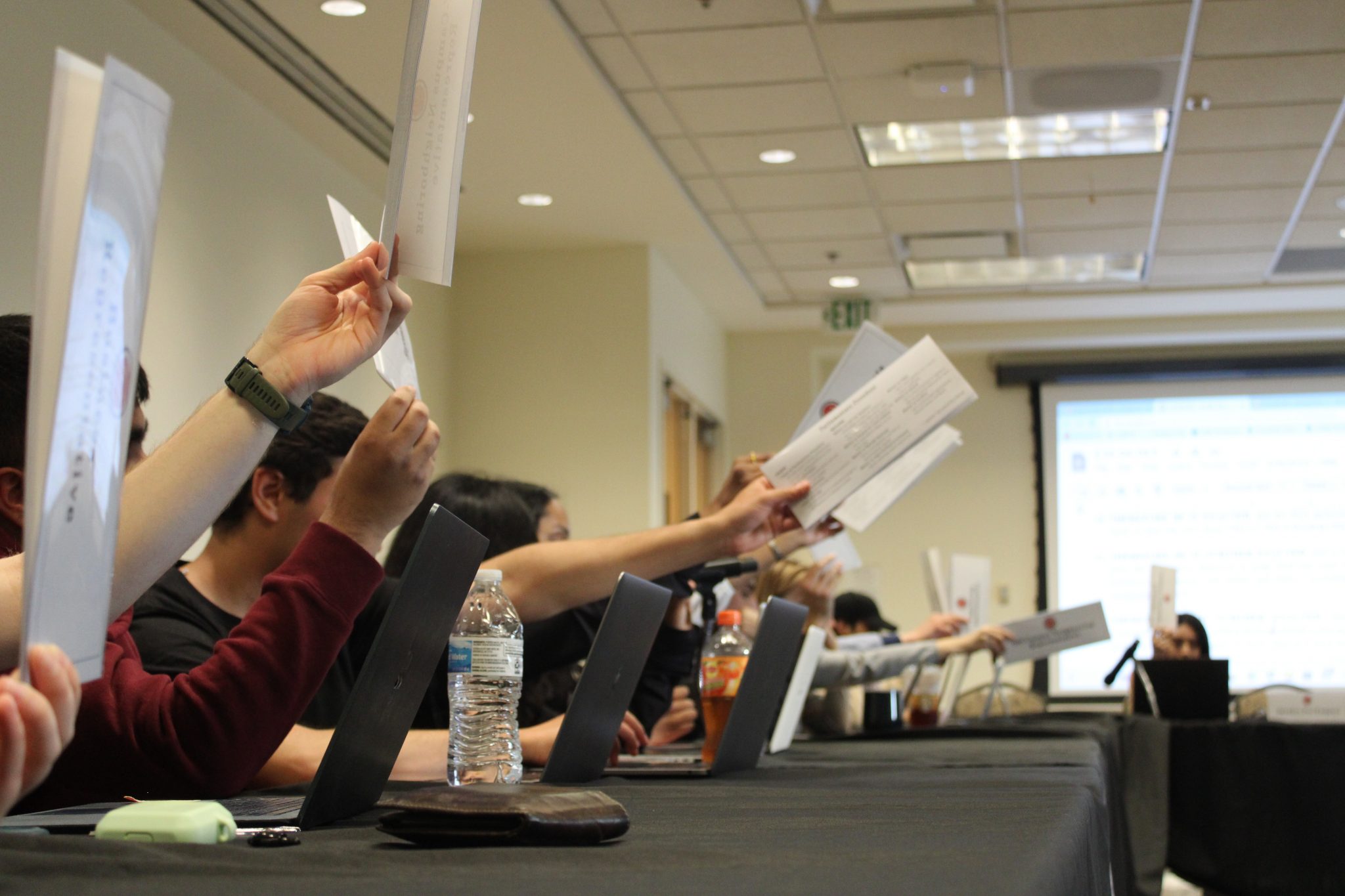Members of the University of Maryland SGA plan to improve student outreach and advocate to make attendance more manageable for students during the 2023-24 school year.
For a full-time, in-state student at this university, tuition and mandatory fee costs amount to $5,752 per semester in 2023. Tuition costs for full-time, out-of-state students are $20,153 per semester, according to the university’s student financial services and cashiering office. All full-time undergraduate students at this university pay roughly $800 in fees each semester.
Student Government Association president Alexandra DeBus, who was inaugurated in May after a contentious election cycle, said she recognizes the stress these costs may put on students and wants to work to change them.
[Here’s what the College Park City Council did this summer]
“Every student understands and feels personally the burden of inflation and just the economy we are in but there certainly are steps we can take to try and reduce that on an educational level,” DeBus said.
Among other methods, the SGA might advocate for a reduction in student mandatory fees, which go toward Shuttle-UM buses, student events and more, DeBus said.
Increasing student outreach is also an important goal for the SGA, according to executive vice president Meghana Kotraiah, who said she’s looking to organize more everyday events for the student body.
Kotraiah, a senior agriculture and resource economics and government and politics major, cited a “pie your representative” event that occurred in spring of 2022, where students were able to voice their concerns to the SGA.
“The SGA is here to serve all students, so I think there’s a lot of opportunities to connect on a more casual level,” Kotraiah said.
Helping legislators connect to the students who elected them is another important part of this goal for the SGA, said SGA speaker pro tempore Adrianna Giuliani.
[College Park residents to vote on four-year terms in November election]
Giuliani, a senior government and politics major, recommends legislators set aside one of their two required office hours to meet with students wherever they live or attend classes on campus, as well as with members of SGA-recognized student groups and organizations on campus.
“The point of this change is to make it convenient for constituents to come talk to their legislators and submit their concerns,” Giuliani said.
For DeBus, student support doesn’t stop at meeting constituents. She said the SGA wants to continue having conversations about the university’s academic culture and workload and advocate for different ways to relieve student’s academic stress — including increasing awareness about student health needs among professors.
“I know that the conversation surrounding mental health in CMNS is probably going to look different than it will for BSOS, so I think that we need to recognize as well that those conversions are different,” DeBus said. “We might need to take somewhat of an individual approach at some level to make sure we are addressing this for all students.”



